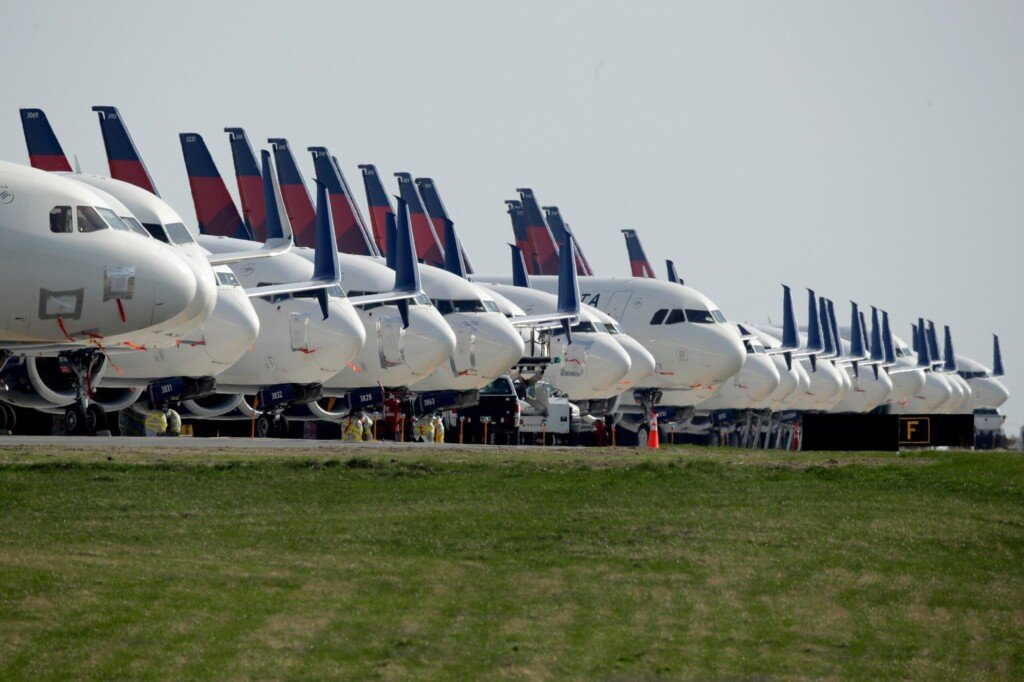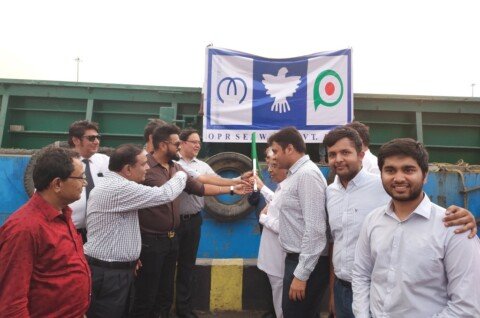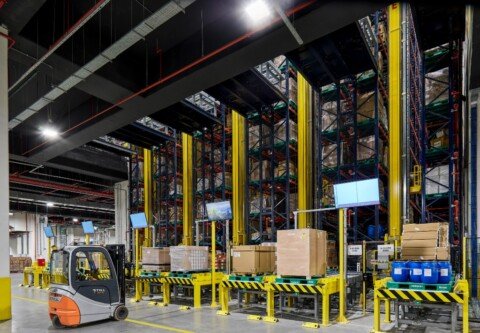More than 10 global airlines have signed agreements with UNICEF to support its ‘Humanitarian Airfreight Initiative’ to prioritise delivery of COVID-19 vaccines, essential medicines, medical devices, and other critical supplies to respond to the pandemic.
Noted airlines such as AirBridgeCargo, Air France/KLM, Astral Aviation, Brussels Airlines, Cargolux, Cathay Pacific, Emirates Skycargo, Ethiopian Airlines, Etihad Airways, IAG Cargo, Korean Air, Lufthansa Cargo, Qatar Airways, SAUDIA, Singapore Airlines Ltd, and United Airlines are joining the initiative.
Airlines covering routes to over 100 countries will support the COVAX facility, the global effort aimed at equitable access to covid-19 vaccines. Beginning this year and subject to all requirements being met and allocation plans finalised, 145 countries will receive doses to immunize an average of 3% of their populations. This is according to the COVAX facility’s first-round allocation plan.
The UNICEF Humanitarian Airfreight Initiative has been formed with leading airlines to secure the transport of vaccines, and other life-saving supplies worldwide. The UN agency said that the initiative will also act as a global logistics preparedness mechanism for other humanitarian and health crises over the longer term.
“Delivery of these life-saving vaccines is a monumental and complex undertaking, considering the sheer volumes that need to be transported, the cold chain requirements, the number of expected deliveries, and the diversity of routes,” said Etleva Kadilli, Director of UNICEF supply division.
In addition to prioritising the shipments of life-saving supplies, the airlines will take measures, such as temperature control and security, while also adding freight capacity to routes, as needed.
“Safe, timely, and efficient transportation of life-saving supplies is critical to supporting access to essential services for children and families,” said UNICEF. Moreover, COVAX deliveries and the subsequent vaccination of frontline workers will support health and social care systems to safely resume these critical services.







